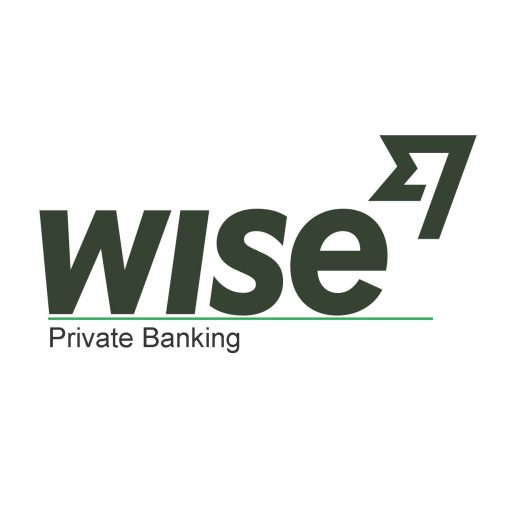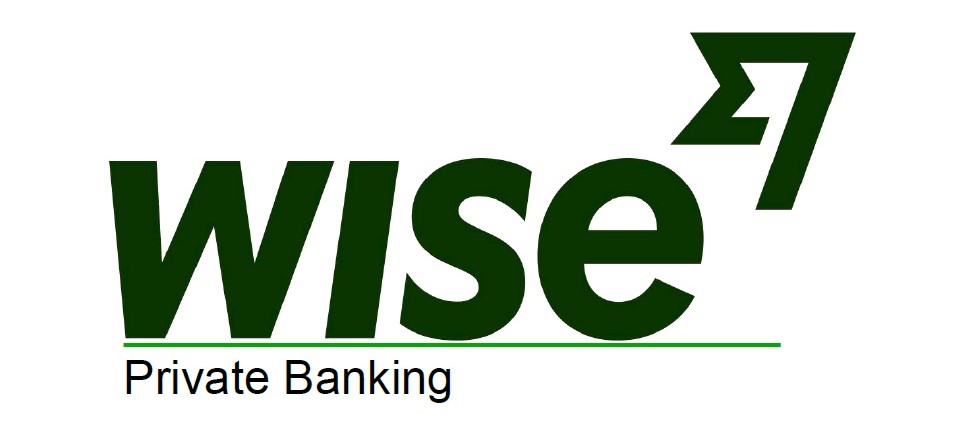Frequently asked questions
ESG is the international abbreviation for „Environment, Social and Governance“. Analyzing ESG factors can be instrumental in assessing the sustainability and social impact of an investment in a company or industry. ESG aspects include, for example, energy consumption and greenhouse gas emissions, supply chain risk management, gender diversity, employee productivity, board independence and executive compensation.
1. We will integrate ESG issues into investment analysis and decision-making processes.
2. We will be active shareholders and incorporate ESG issues into our investment policies and practices.
3. We will encourage companies and entities in which we invest to make appropriate disclosures on ESG issues.
4. We will promote acceptance and implementation of the Principles in the investment industry.
5. We will work together to increase our effectiveness in implementing the Principles.
6. We will report on our activities and progress in implementing the Principles.
Julius ESG team members participate in a variety of external and community ESG bodies around the world.
These include chairing the Investment Association’s Governance and Engagement Committee (representing the interests of the European investment industry) and representing the Code Committee of the EU Panel on Takeovers and Mergers, the Business Committee of the Confederation of EU Industry (the umbrella organization of the EU employers‘ organizations) and on the Compensation Committee of the International Corporate Governance Network. Julius is a signatory to the United Nations Principles for Responsible Investment, the EU Stewardship Code, the Japanese Code of Conduct for Institutional Investors, the Hong Kong Securities and Futures Commission Principles for Responsible Ownership and the Code of Conduct for institutional investors of the Taiwan Stock Exchange. We are also active members of the Asian Corporate Governance Association, the Association of British Insurers, the Corporate Governance Forum, the Italian Association of Institutional Investors “Assogestioni”, the UK Sustainable Investment and Finance Association, the Investor Forums in Japan and the UK, the European Fund and Asset Management Association Responsible Investment Working Group, the Dutch Investors Association for Sustainable Development (VBDO) and many other industry and trade bodies around the world.
- Our Sustainable Family products have additional exclusions in addition to the company-wide exclusions. On the company side, these contain the exclusions specified in the EU ESG association concept.
- In addition, at least 70% of the Sustainable Family products are invested in shares in companies that have sustainability characteristics. For example, good corporate governance and convincing management of environmental and social issues (“ESG” – environmental, social, governance). The companies must have an ESG rating above the minimum ESG rating.
- At least 50% of the other funds classified according to Article 8 are invested in shares of companies that display sustainability characteristics.
The above percentages are lower limits specified in the sales prospectus. The proportion of stocks with sustainability features can sometimes be significantly higher in the respective funds.
The prospectuses of the WISE Funds contain comprehensive information on sustainability risks and their impact on returns.
If you, as a sales partner, need compact information as part of the suitability check in the customer meeting, we have formulated sample texts for you. These depend on the character of the respective fund in the target market criterion of sustainability (B = Basic, E = ESG) according to the ESG association concept of the banking associations, the BVI and the DDV.
At this time, WISE International has not classified any funds as Impact (I). Therefore we have not formulated a sample text for this. An overview of the classification of the Julius IPB funds according to the Disclosure Ordinance or the ESG association concept can be found here.
- Type Non-ESG: This product was declared as not sustainable and/or the product manufacturer does not provide any information or data on this.
- Type Basic: In the investment process of this fund, E (environmental), S (social) and G (governance/corporate and/or state leadership) criteria (ESG criteria) are considered. Sustainability risks that result from the analysis of these are continuously analyzed with a view to their financial impact. Sustainability risks can be consciously taken and return opportunities identified in the process of sustainability analysis can be used. Sustainability risks in the investment process can therefore have a positive or negative impact on the return of this fund. More detailed information on the sustainability risks of the strategy can be found in the current sales prospectus, which you can obtain free of charge from Sanford.
- Type ESG: In the investment process of this fund, E (environmental), S (social) and G (governance/corporate and/or state leadership) criteria (ESG criteria) are considered. Here, the systems available for investment purposes are filtered, with special consideration of sustainability risks and opportunities from the ESG criteria mentioned. While sustainability risks cannot be avoided, they can be reduced and sustainability opportunities can be actively used to increase returns. Sustainability risks in the investment process can therefore have a positive or negative impact on the return of this fund. More detailed information on the sustainability risks of the strategy can be found in the current sales prospectus, which you can obtain free of charge from WISE.
We can tailor portfolios specifically to the needs of our institutional clients to address specific ESG issues or constraints. We would be happy to discuss your individual requirements with you.

